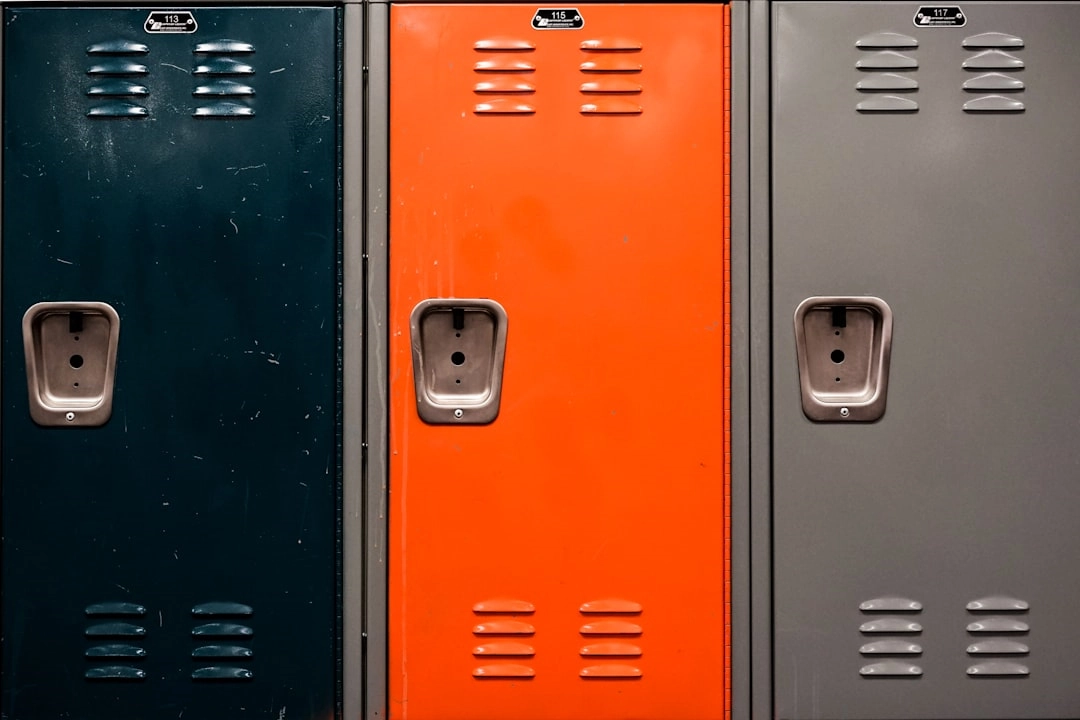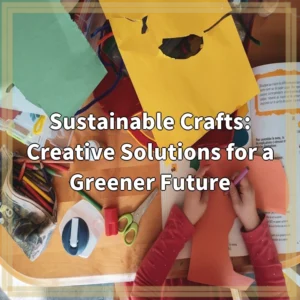What it is:
Sustainable Innovations in Culinary School Training: A Path Towards a Greener Future
Culinary school training is undergoing a transformative shift towards sustainability. As the food industry faces increasing scrutiny for its environmental impact, culinary schools have recognized the need to incorporate sustainable practices into their curriculum. Sustainable innovations in culinary school training aim to equip future chefs with the knowledge and skills to create delicious meals while minimizing their ecological footprint.
Real-World Problems:
1. Food Waste:
One pressing issue faced by the culinary industry is food waste. A significant amount of edible food ends up in landfills, contributing to greenhouse gas emissions and wasting valuable resources. Sustainable culinary school training focuses on strategies to reduce food waste through better inventory management, creative menu planning, and educating students about the value of utilizing ingredients fully.
2. Unsustainable Sourcing:
The sourcing of ingredients is another challenge in the culinary industry. Unsustainable farming practices, overfishing, deforestation, and pollution are just a few of the issues associated with conventional food sourcing. Sustainable culinary school training emphasizes the importance of sourcing locally, supporting organic and regenerative farming practices, and choosing sustainable seafood options. By teaching students about sustainable sourcing, culinary schools can shape a generation of chefs who prioritize ethical and environmentally-responsible food choices.
3. Energy Efficiency:
Energy consumption is a significant concern in professional kitchens. From cooking appliances to refrigeration systems, traditional kitchen setups can be energy-intensive. Sustainable culinary school training teaches students about energy-efficient kitchen design and equipment, as well as techniques for minimizing energy waste during food preparation and storage. By adopting energy-saving practices, culinary schools can reduce their carbon footprint and inspire future chefs to prioritize sustainability in their own kitchens.
4. Single-Use Plastics:
The excessive use of single-use plastics is a growing environmental issue. Culinary school training addresses this problem by promoting the use of eco-friendly alternatives such as biodegradable packaging, reusable containers, and reducing overall plastic waste. By instilling the habit of mindful consumption in culinary students, sustainable innovations in training pave the way for a future where single-use plastics are minimized within the culinary industry.
Sustainable innovations in culinary school training offer a promising path towards a greener future. By addressing real-world problems like food waste, unsustainable sourcing, energy efficiency, and single-use plastics, culinary schools play a vital role in shaping environmentally conscious chefs who will revolutionize the food industry for the better.

Solutions for a Greener Future:
1. Food Waste:
Implement better inventory management techniques, encourage creative menu planning to utilize ingredients fully, and raise awareness about the value of reducing food waste.
2. Sustainable Sourcing:
Promote local sourcing, support organic and regenerative farming practices, and choose sustainable seafood options to ensure that ingredients are obtained in an ethical and environmentally-responsible manner.
3. Energy Efficiency:
Embrace energy-efficient kitchen design and equipment, and educate culinary students on techniques for minimizing energy waste during food preparation and storage.
4. Reduce Single-Use Plastics:
Promote the use of biodegradable packaging, encourage the use of reusable containers, and minimize overall plastic waste in culinary operations.
By implementing these solutions, culinary schools can create a more sustainable and environmentally-friendly training environment. Graduates who are well-versed in these practices can then lead the charge for a greener future within the culinary industry.













